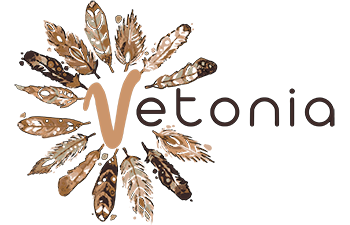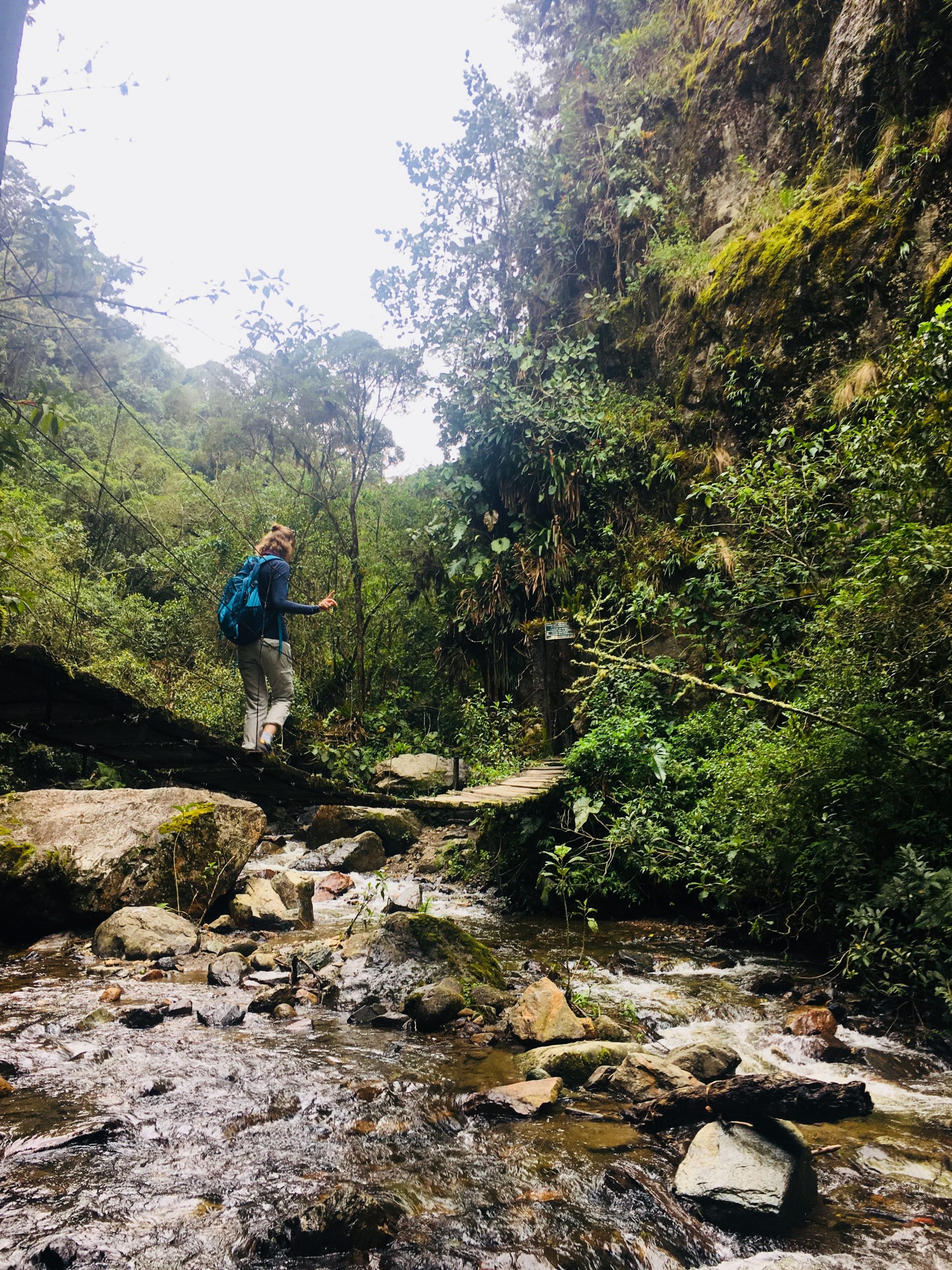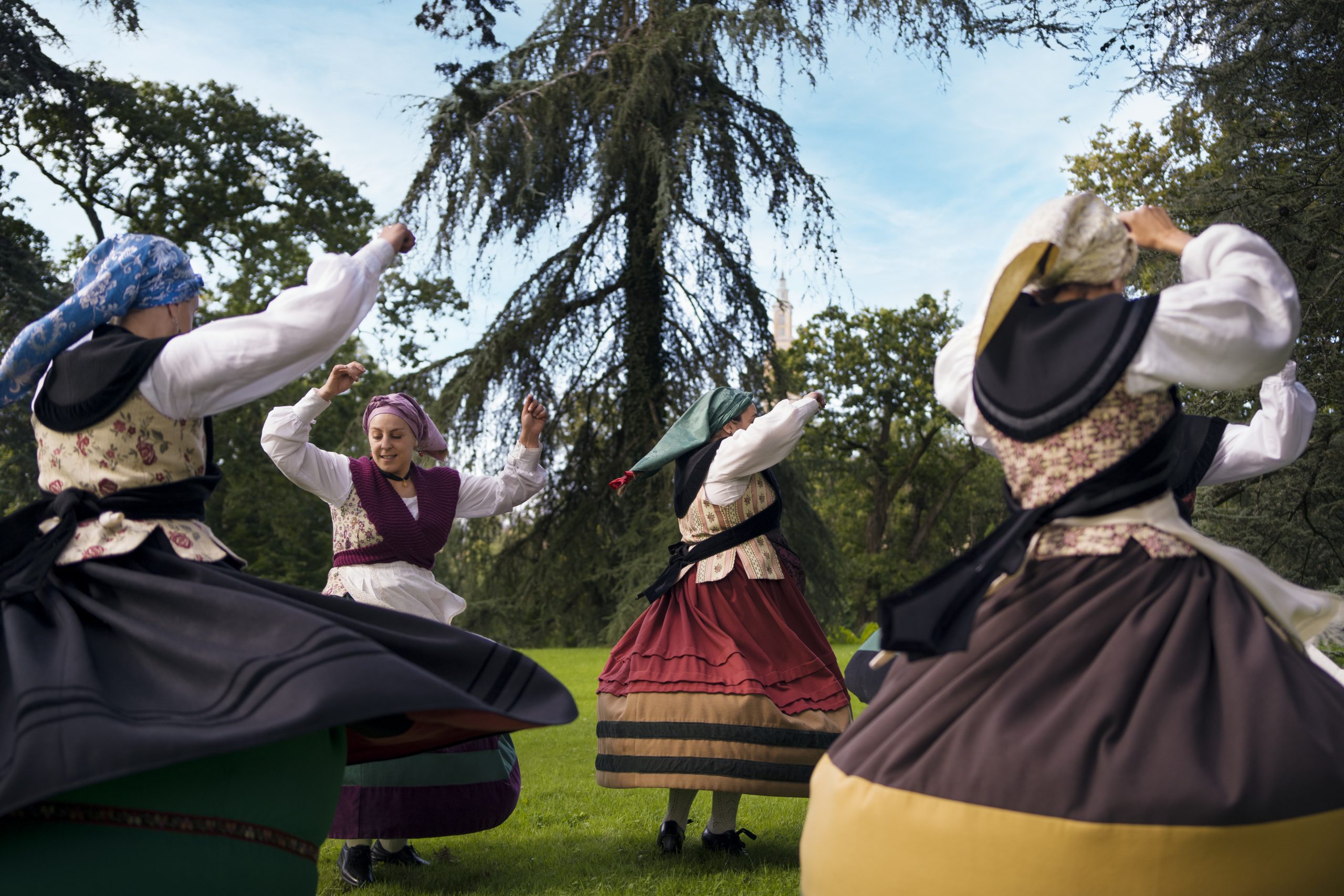Discover the Magic of Village Festivals in Spain: Immerse Yourself in Local Culture
Welcome, intermediate Spanish learners (ELE B1) and lovers of the Spanish language! Today, we explore one of Spain’s most vibrant and fascinating traditions: local festivals in Spain. If you’re learning Spanish and dreaming of traveling to Spain, you can’t miss the chance to experience these traditional village celebrations that showcase the country’s rich culture.
Imagine this: a warm summer day in Spain, the sun shining brightly over cobbled streets and whitewashed houses. Suddenly, you hear cheerful music and the lively chatter of people gathering. You’re witnessing a small-town festival in Spain, an event that connects you to the deepest roots of Spanish culture.
A Tradition in Every Corner
In Spain, rural festivals are much more than simple celebrations. Every region and town has its own festivities, celebrated with pride and passion. From the famous San Fermín festival in Pamplona to the wild La Tomatina in Buñol, each event has a unique story and meaning deeply rooted in local traditions.
Immerse Yourself in Local Culture
One of the best ways to understand and learn Spanish is to dive into everyday life and customs. Spanish folk festivals offer exactly that: a chance to interact with locals, practice your Spanish in an authentic setting, and live experiences that you won’t find anywhere else.
Learn Spanish in the Most Authentic Context
If you’re studying Spanish as a Foreign Language (ELE), taking advantage of Spain’s village fairs and festivals to practice what you’ve learned is invaluable. From ordering a traditional drink at a chiringuito to dancing to the rhythm of folk music, every interaction helps you improve your fluency and comprehension.
Customs and Traditions
Patron saint festivals in Spain are a window into traditions that have endured for centuries. From processions with religious imagery to lively parades with traditional costumes, each event reflects Spain’s rich cultural diversity. These celebrations aren’t just for spectators—you’re invited to participate, making the experience even more immersive.
Unforgettable Holidays
What better way to spend a vacation in Spain than by joining the authenticity of village fiestas? The mix of summer sunshine, warm hospitality, and the contagious joy of these Spanish town celebrations will create memories that last a lifetime.
Summer in Spain: A Time for Celebration
Summer is the best season to enjoy traditional Spanish village festivals. From food fairs where you can taste local delicacies to small-town patron saint festivals filling the streets with devotion and color, every day brings a new experience that brings you closer to Spain’s essence.
Plan Your Trip with Vetonia
For Spanish learners who want to experience village festivals in Spain, Vetonia is your ideal resource. This website provides Spanish learning materials while also guiding you on which local town festivals are happening during your visit and how you can participate.
In conclusion, Spain’s rural festivals offer a unique opportunity to immerse yourself in the country’s culture, traditions, and language. Whether you want to improve your Spanish, explore new traditions, or simply enjoy an unforgettable experience during your vacation, these Spanish village fiestas have it all.
So, get ready for a summer full of joy, learning, and new friendships in the most beautiful towns of Spain.
We’ll be waiting for you with open arms and music in the air!





0 Comments